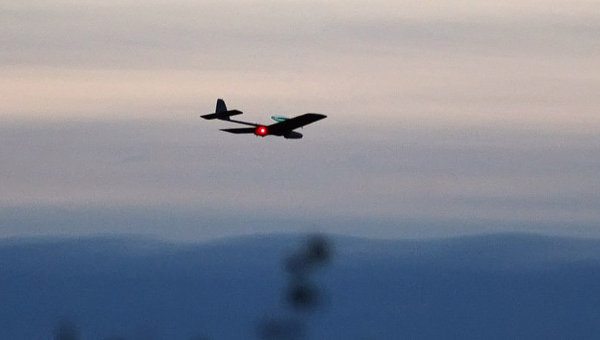The White House said Monday that the United States will remain strongly committed to Iraq as it fights al-Qaida affiliated groups, but it said, again, that American troops will not return to Iraq.
The surge in fighting between Iraqi government forces and al-Qaida-linked militants is a concern to the United States, which is accelerating the delivery of air to ground Hellfire missiles to Baghdad.
Amid the mounting death toll in Iraq, the U.S. has urged Iraq’s government to work with tribal leaders in mostly Sunni Anbar province and with national political leaders, to isolate al-Qaida elements.
On Monday, Prime Minister Nouri al-Maliki urged residents of Fallujah to expel militants who are part of the al-Qaida-linked Islamic State of Iraq and the Levant, or ISIL.
White House spokesman Jay Carney said it’s up to Iraqis to take the lead, both in the fighting on the ground and what he called this “holistic” strategy to isolate militants, as the U.S. speeds up the delivery of weapons.
“We are accelerating our foreign military sales deliveries and are looking to provide an additional shipment of Hellfire missiles as early as this spring. These missiles are one small element of that holistic strategy but they have proven effective at denying ISIL the safe haven zones that it has sought to establish in western Iraq,” said Carney.
At the Pentagon, spokesman Colonel Steve Warren pointed to some success in isolating al-Qaida affiliated groups.
“We’ve seen some early success along these lines in Ramadi. Tribal forces and police, with the Iraqi army providing overwatch, appear to have isolated the ISIL in pockets of the city. It’s still early, however,” said Warren.
Other U.S. assistance to Iraq will include 10 surveillance drones to help Iraqi forces track terrorists and 48 low altitude unmanned vehicles scheduled for delivery later in the year.
White House spokesman Carney also was asked about President Obama’s reaction to some Senate Republicans who blamed the deterioration in Iraq on the withdrawal of U.S. forces.
“If members were suggesting that there should be American troops fighting and dying in Fallujah today, they should say so,” he said.
Carney said there was violent sectarian conflict in Iraq even when U.S. forces there numbered 150,000.
The connection between the deterioration in Iraq and a potential similar scenario in Afghanistan is an uncomfortable one for the administration and members of Congress, after years of bloodshed and great financial costs.
The U.S. has been waiting for a final Afghan signature on a Bilateral Security Agreement. President Hamid Karzai has so far refused to sign, although the document was approved by Afghanistan’s council of tribal elders, the Loya Jirga.
Jay Carney repeated that the U.S. and NATO would be unable to plan for a post-2014 troop presence, including a training and counter-terrorism role for some U.S. forces, unless the document is signed.
He said this is a matter of weeks not months and that if the agreement is not concluded promptly, the U.S. and its allies will be forced to initiate planning for a future without U.S. or NATO troops in Afghanistan.











